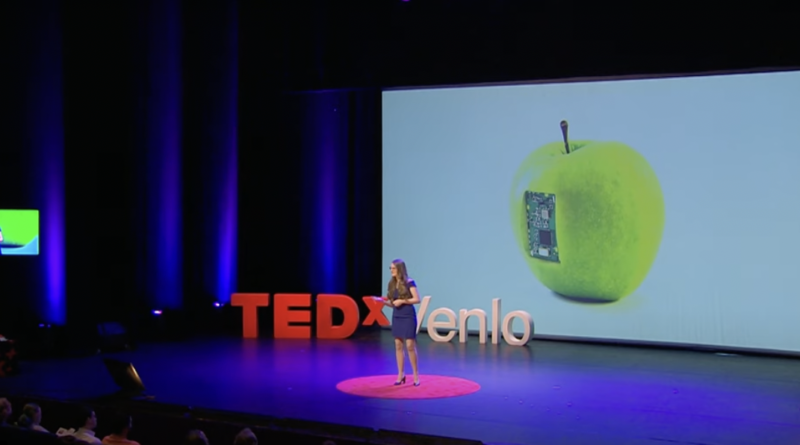The Future of Big Data Will Be Zero Data
The Future of Big Data Will Be Zero Data
Daphne Muller
“Can you imagine a world where privacy is leading? No personal advertisements, no cookie pop-ups, and no company owns your data.” According to privacy researcher Daphne Muller, the era of big data will soon come to an end. She gave a talk at TedxVenlo in the Netherlands about how privacy and open source software will replace big tech in the near future.
Human sanity over artificial intelligence
“If we want to make progress and live in a safer world, we should invest in human sanity instead of artificial intelligence. It has been proven to be more effective.” Daphne’s Tedx talk is based on her research published at CHI. Her research first led her to innovation in criminology. She was curious about the assumption that we have to give up our privacy as surveillance could lead to less crime. She found that large amounts of money were spend on artificial intelligence research while there is no proof that those technologies would actually reduce crime. Meanwhile, many ideas that have nothing to do with technology exist that are proven to reduce crime significantly. Those ideas are also much less costly than artificial intelligence to implement. Daphne tells about these examples in her talk.
—No personal advertisements, no cookie pop-ups, and no company owns your data.—
Ethics or profit: why not both?
Like criminology, Daphne believes that in many industries, investors and policy makers will eventually find out that big data and AI do not deliver and that more effective, and more humane solutions, will eventually be pushed for. What many investors also do not realise is that most technology companies do not have a healthy business model. Even organisations that we consider to be very successful like Uber, Airbnb, Spotify, Gitlab, and others, are not profitable. In her Tedx talk, Daphne explains how several privacy companies are much more profitable than Uber.
Do you like curly fries?
If you do, you likely have a very high IQ. Does that even make sense? For the Facebook algorithms, it does. While arguably, Big Tech organisations like Facebook and Google make products that are useful, we can’t argue that these organisations bring any progress. Categorising people into very sensitive categories such as religion, sexuality, or ethnicity, based on nonsensical input like one’s preferred shape of fries, should not be considered progress, not to mention the ethical consequences. “Non-discrimination, privacy, and also digital privacy, are human rights as defined by the United Nations. Can organizations who rely on personal data collection ever be respectful of human rights? If not, are these good for our progress?”
Conclusion: privacy is progress!
“If we want societal progress, we have to collect or hand out less personal data. If we do so, we will get more useful innovation, financially healthier business models, more competition in the market and most importantly, more humanity.” For every product offered by Big Tech, there are open-source and privacy friendly alternatives, and we should use them, help to make their code better, and spread the idea that less data and less AI results in real innovation. The future of Big Data will be Zero Data. Share this talk on social media if you want more people to be aware of the privacy topics!
Cite this article in APA as: Muller, D. (2022, April 13). The future of big data will be zero data. Information Matters, Vol. 2, Issue 4. https://informationmatters.org/2022/04/the-future-of-big-data-will-be-zero-data/






